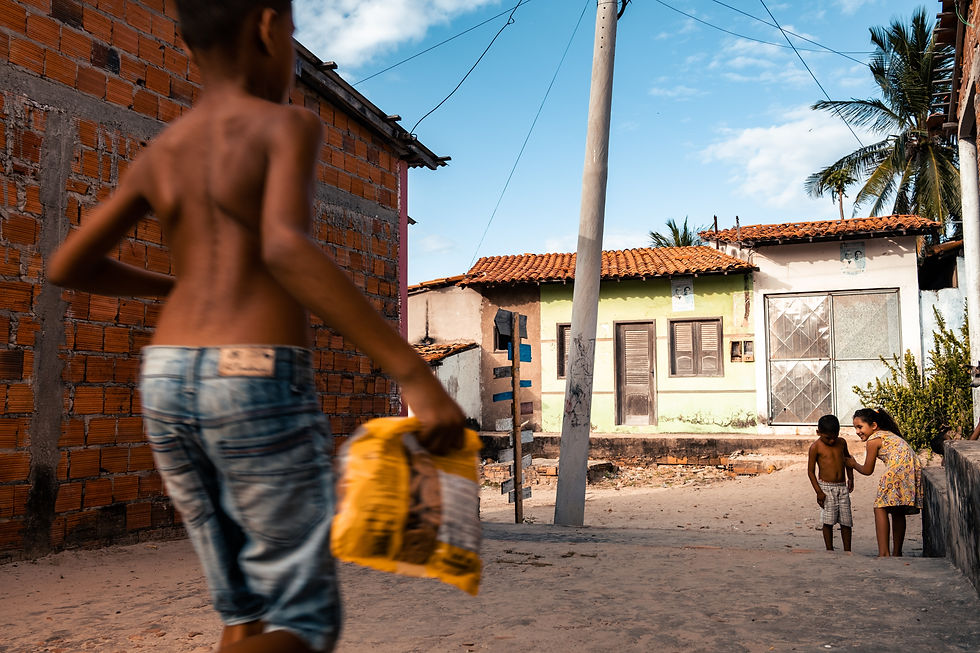Urban farm tackles income inequality with pay-what-you-can model
- Editorial Team SDG11

- Apr 28, 2023
- 2 min read

Income inequality is a problem that can be seen everywhere, including in urban areas. In Washington D.C, one farm aims to help bridge this gap by offering a "pay-what-you-can" farm stand. The Common Good City Farm's program hopes that people with more resources in the area can contribute to feeding those in poverty. This approach is being used all over the country, as the pandemic and rising food prices have left many struggling to get enough healthy food. Despite the challenges of this model, it has been successful in making fresh produce more accessible to people who are struggling to make ends meet.
Common Good City Farm is located in the LeDroit Park neighborhood of Washington, D.C, caught between two economically different communities. The farm offers a sliding scale pricing model, which means shoppers can pay 25%, 50%, 75%, or 100% of the full price of the produce they purchase. Customers can receive up to $30 off their total purchase. Josephine Chu, the farm’s interim executive director, has reported that about 35 to 40 percent of all customers now take advantage of this discount, twice the number from the farm’s first pay-what-you-can season in 2021. Despite inflation causing issues, the farm continues to be committed to its mission.
Common Good City Farm spent over $40,000 on food from outside vendors last year. Yet, it still managed to grow 3,800 pounds of produce. In the beginning, more people were receiving food for free than paying for it. However, the farm started asking for donations at the register, which proved successful. The sliding scale pricing model also proved popular with the community, with people wanting to contribute to the program.
This model is a response to the problem of inequality that is faced by many communities. The vision of a sustainable future, laid out in the Sustainable Development Goals (SDGs), aims to create a global society that is more equal, and this model is one way that the SDGs can be implemented in local communities. Specifically, the sliding scale model falls under SDG 2, Zero Hunger, which aims to end hunger, achieve food security, and promote sustainable agriculture. This program helps provide affordable, fresh produce to people who might otherwise go hungry.
The success of Common Good City Farm shows that innovative models can help bring sustainability and equality to communities. The pay-what-you-can model is a step in the right direction towards a more sustainable and equitable future.
More information: https://www.commongoodcityfarm.org



